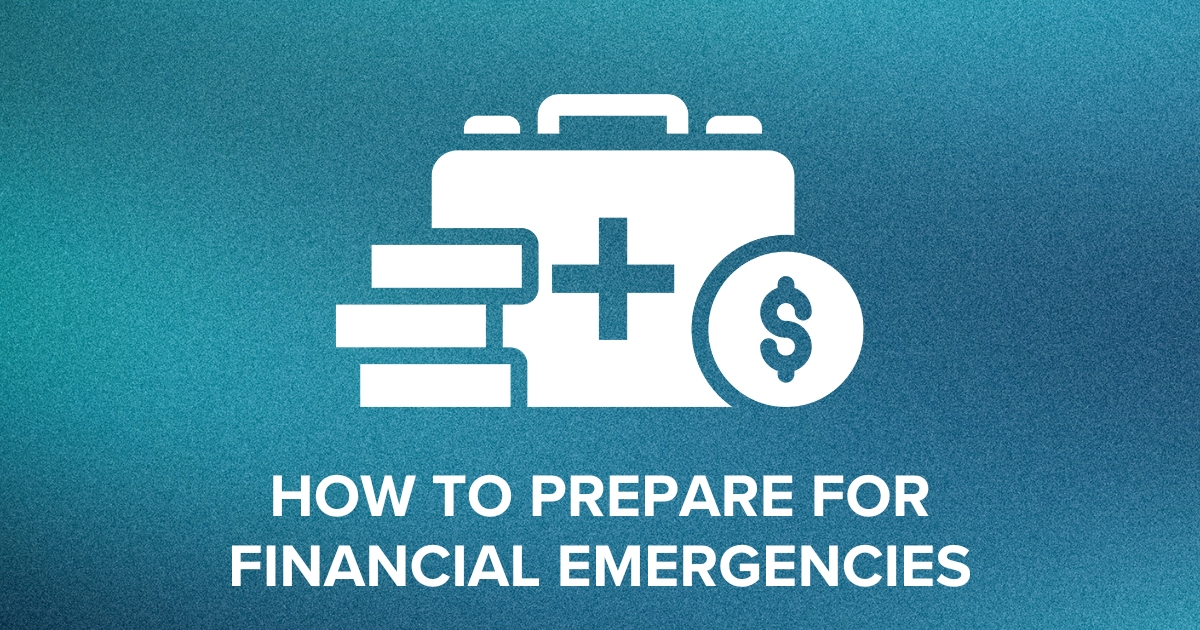How to Prepare for Financial Emergencies

Emergencies happen when we least expect them—whether it’s a medical issue, car repair, or a force of nature. In these situations, financial preparedness can make a huge difference. However, according to a 2024 report from the Federal Reserve, nearly 61% of Americans would struggle to cover an unexpected $1,000 expense without going into debt. It's crucial to prepare now so that you’re ready when life throws a curveball.
1. Budget for Savings: Prioritize ‘Paying Yourself First’
If you want to build a solid emergency fund, saving money should be a non-negotiable part of your monthly budget. The phrase "pay yourself first" is more than just advice—it's a strategy. Set aside a fixed amount each month before paying other bills. It doesn’t have to be a huge sum, but consistently putting away even $50 can add up over time and provide a financial cushion when needed.
2. Save Unexpected Income Wisely
Extra money, such as tax refunds, work bonuses, or cash gifts, can be powerful tools for building your emergency fund. Rather than spending these windfalls, make it a habit to save them. Even small habits, like collecting loose change or saving the extra cash from selling items you no longer use, can make a difference. According to recent data from America Saves, households that regularly save windfalls are 30% more likely to meet their financial goals.
3. Build Your Credit: A Safety Net for the Unexpected
Credit isn’t just for major purchases; it’s a safety net when emergencies strike. Start by ensuring you have access to credit and use it responsibly. A credit card, when used for everyday expenses like groceries or gas and paid off monthly, helps build a solid credit score. Alternatively, consider a home equity line of credit (HELOC) if you’re a homeowner—these typically offer lower interest rates than personal loans or credit cards.
4. Invest in Yourself: Secure Your Job and Income
A sudden job loss is one of the most challenging financial emergencies. In 2024, unemployment insurance covered less than 40% of low-income workers’ needs, according to the Economic Policy Institute. One way to protect yourself is by investing in education or skill development. Many free resources, like Coursera or Khan Academy, offer courses that can enhance your resume without costing you a dime. Building additional skills or side businesses can provide alternative income sources, making you more resilient in tough times.
5. Check Your Insurance Coverage: Avoid Debt from Unexpected Bills
Insurance is one of the most vital tools for managing financial risk, yet many people remain underinsured. With healthcare costs soaring—medical debt is the number one cause of bankruptcy in the U.S.—it’s crucial to have adequate health insurance. Auto, renters, and homeowners insurance are equally essential. Make sure your coverage is sufficient to cover large expenses, and review your policies annually to adapt to changes in your life and needs.
Get Started Today!
Waiting until an emergency hits is too late. Nuvision Credit Union offers several options designed to help you get started, from savings accounts to long-term certificates, ensuring you have the right tools to build your emergency fund. Whether you’re aiming for a small cushion or striving for financial independence, we’re here to support you every step of the way.
Creating a safety net now doesn’t just prepare you for the worst; it opens the door to greater financial freedom. Take the first step today—visit Nuvision Credit Union to learn how we can help you build the financial future you deserve.




